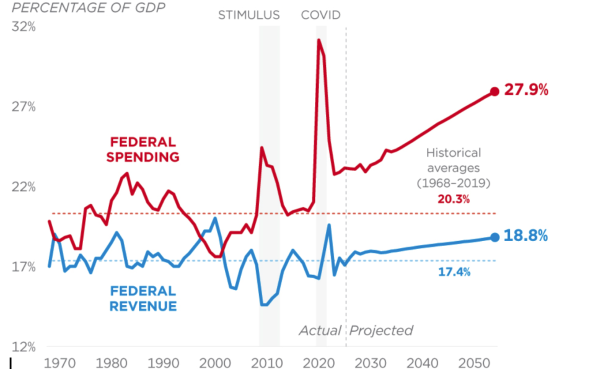Terrorism concerns on RTH
Even in spite of the recent terrorist attacks in Europe, the Running Through History course remains on track to take place this summer.
“I know many of you have the events in Paris and Brussels on your mind,” said principal Jim Justice in an email to all RTH students and parents, “and I want you to know that we do too.“
A few parents and students have voiced concerns over whether or not students will be safe across the Atlantic in light of the streaks of terrorism that have shaken the continent.
“We have not cancelled the trip,” said Justice. “We are monitoring the situation in Europe very closely, and we are evaluating the viability of strategies to make the trip safer. These include alternatives to public transportation, managing independent time for students differently, and making sure chaperones and students have the ability to be in immediate contact with one another via text.”
Students, parents, and faculty are monitoring the situation with a watchful eye in case of future disaster.
“Additionally, if further changes or updates are prudent in the lead up to departure or during the trip,” said Justice, “we will update again. The safety of individual students as well as the group is of paramount importance. Our insurance has a global security division that essentially does chaperone training, so we are also tapping that as a resource specifically for the trip.”
Another major question that has arisen comes in regard to the massive size of the group, seeing as there are currently 55 students enrolled in the course.
“We have a standard ratio on global trips of chaperone to student, so if we have more students, we have more chaperones,” said Justice. “Those chaperones have specific duties and even specific groups of students that they manage.”
In taking all of these factors into consideration, however, the school has not expressed too much distress over the locations visited during the trip.
“I think what you see with the bombings in both Paris and in Brussels, the perpetrators of the bombings spent many days trying to find and track the movement of groups of Americans,” said Justice. “They picked a site and spent their time planning for that particular, singular spot, so I’m not too worried about the locations on the itinerary.”
Fortunately, the trip follows a route that frequents much less populated regions that don’t appear to be much of a target for future attacks.
“We are certainly paying attention to, with RTH, the larger cities such as Rome, London, or Paris,” said Justice. “They also spend a day or so in Berlin, but a good bit of RTH is actually spent in much smaller towns, villages, and cities like York, Salzburg, Ebensee, Normandy.”
Many of the students also do not question their security over the month long journey.
“While attacks do happen,” said junior Joseph Wargo, “as it stands right now, terrorism does not pose enough of a significant threat to fear visitation to a European country. Therefore, statistically and rationally, we are safe.”
Organizations such as NATO have also helped improved the safety of European travel, further supporting the administration in keeping RTH afloat.
“I also know that if not for the valiant efforts of NATO and any other organizations dedicated to the perseverance of peace,” said Wargo, “we would live in a significantly more dangerous world, where terrorism exists as an everyday threat to every citizen of Earth. Because of the sacrifice of those organizations, and the individuals who labor every day for our safety, terrorism is not an immediate threat anywhere in the western world.”
Westminster plans to keep a close tab on events in Europe and may even be forced to make a few adjustments to accomodate for possible future incidents, but for now the fate of RTH and its students seems to be in safe hands.




